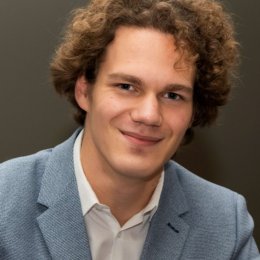You have a lot of freedom in customising your Master’s in Biomedical Engineering.
Within the Master’s in Biomedical Engineering (BME), you will build your expertise within one of the five specialisations. In addition, you can tailor your Master’s with elective courses that suit your interests and ambitions. This freedom in customising your programme will help you to become the biomedical engineer you wish to be.
How to compose your Master’s
What your curriculum looks like, depends on the choices you make in composing your Master’s. There are three steps in doing so.
Master’s structure
During your Master’s in Biomedical Engineering (BME), you will collect a total of 120 EC within two years.
Below, you can find the general structure of this Master’s. Which exact courses you will follow at what moment of your Master’s, depends on the choices you make as well as the starting date of your Master’s.
First year | |
Compulsory courses | Each specialisation has its own set of compulsory courses. Choose a specialisation and find out which ones. |
Elective courses | Each specialisation has considerable elective space in which you can choose specific courses of your interest, both of the Master’s in BME as well as other master’s at UT. |
Second year | |
Internship | In the first quartile, you will do an internship (15 EC), as preparation for the professional field. |
Master’s thesis | In the final three quartiles, you will join a research group to complete your master’s thesis (45 EC). |




